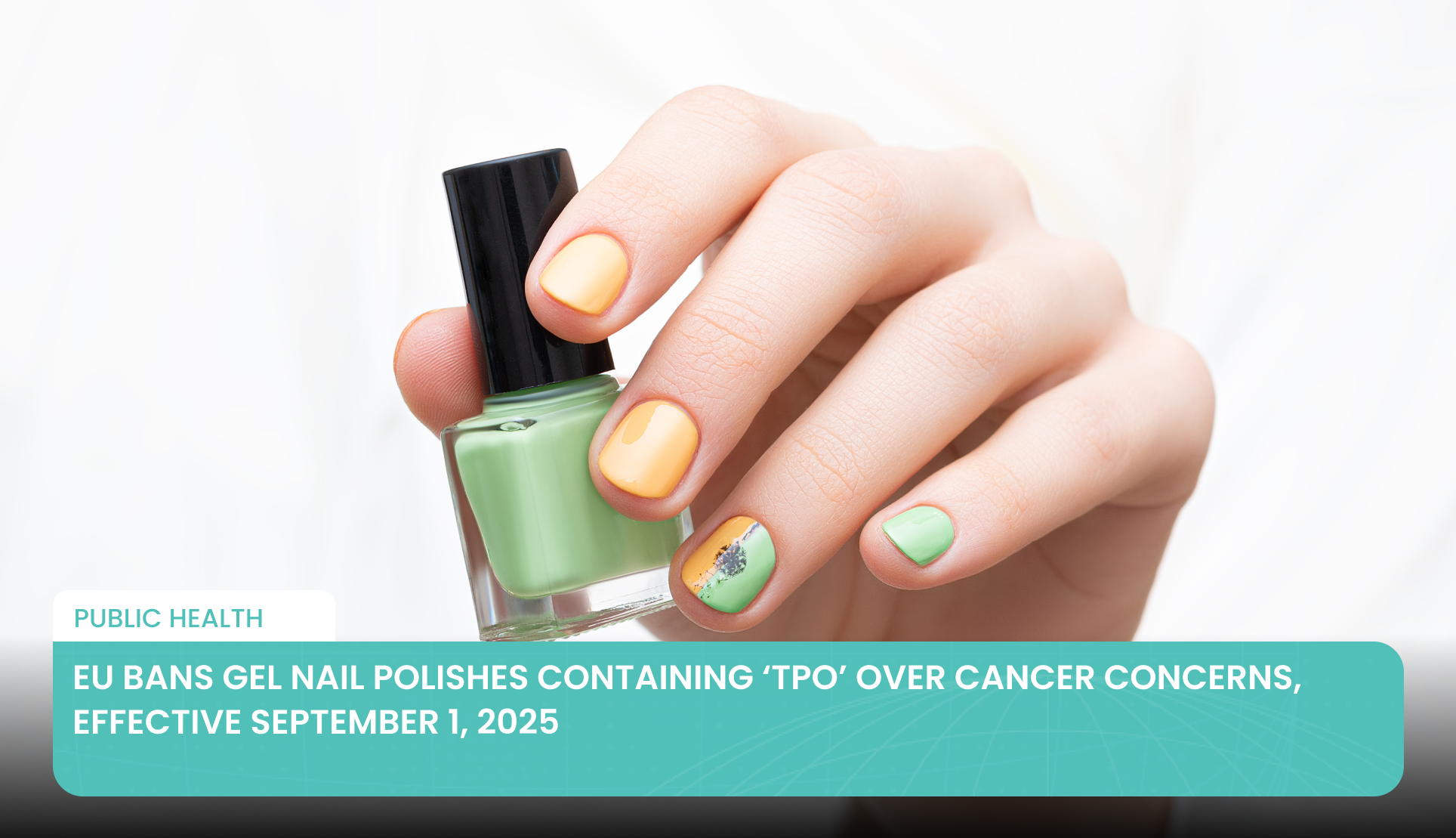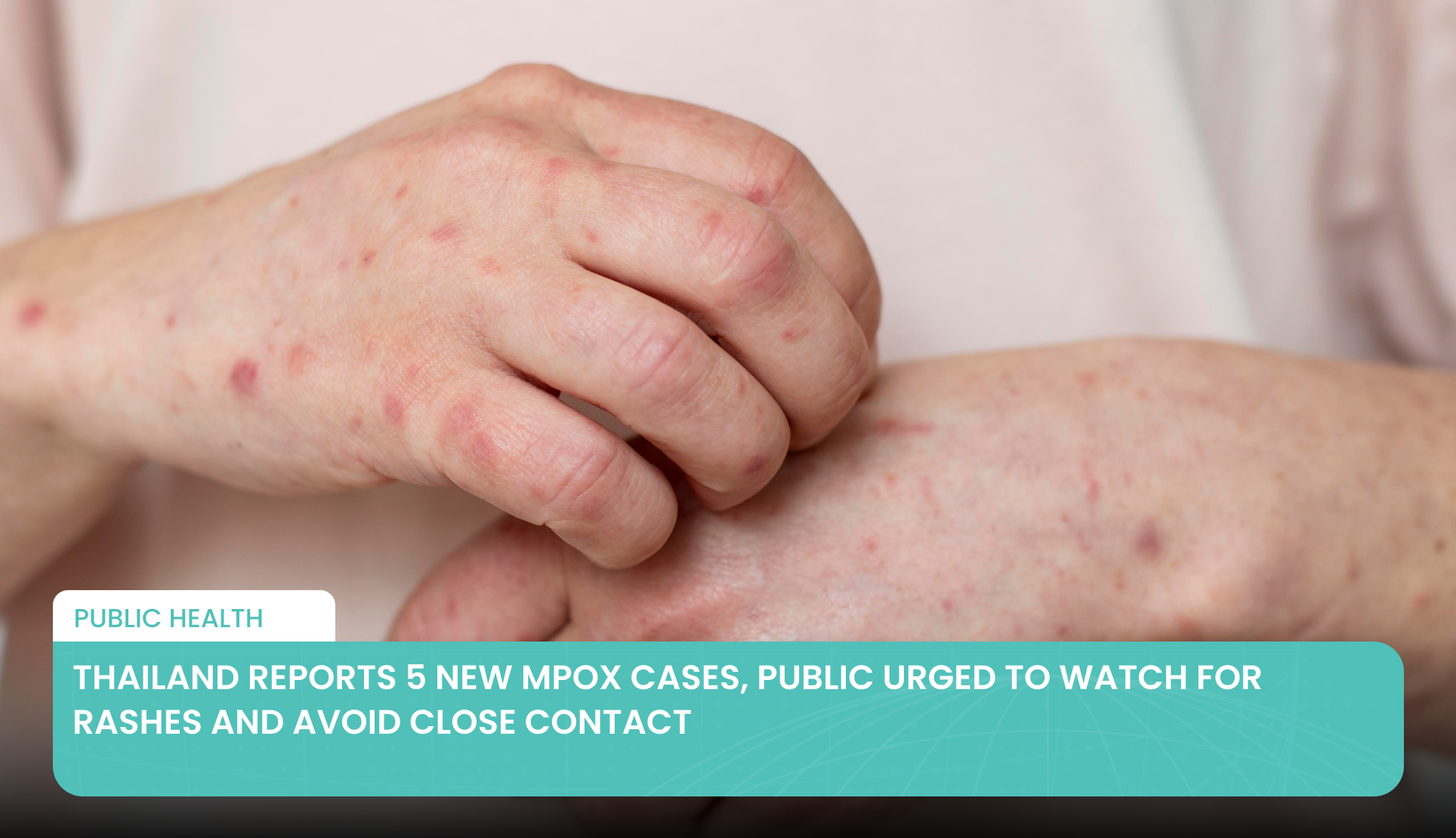
EU Bans Gel Nail Polishes Containing ‘TPO’ Over Cancer Concerns, Effective September 1, 2025
From September 1, 2025, the European Union will officially ban cosmetic products containing Trimethylbenzoyl Diphenylphosphine Oxide (TPO), a chemical widely used in gel nail polishes. The substance is classified as “CMR 1B,” meaning it is suspected of causing cancer, genetic mutations, and reproductive harm. Under EU cosmetics law, such substances are not permitted.
From September 1, 2025, the European Union will officially ban cosmetic products containing Trimethylbenzoyl Diphenylphosphine Oxide (TPO), a chemical widely used in gel nail polishes. The substance is classified as “CMR 1B,” meaning it is suspected of causing cancer, genetic mutations, and reproductive harm. Under EU cosmetics law, such substances are not permitted.
The regulation requires that salons across the EU immediately stop using TPO-based gel nail products. Remaining stock cannot be used up, sold, or given away within the EU. Businesses, including nail salons in the EU and in trade-aligned countries such as Norway and Switzerland, must remove products containing TPO from their premises, source alternatives from suppliers, and safely dispose of any leftover items.
The UK has not yet implemented the ban but is expected to follow by late 2026, giving local businesses more time to adjust to new rules.
Industry representatives noted that while TPO has been a common ingredient in gel nail formulas, alternative substances can deliver the same function. Many brands have already begun reformulating their products, and “TPO-free” labeling is expected to become a new marketing focus. Importantly, experts reassured that removing TPO does not mean products will become less effective—only that formulations will change.
Although the levels of TPO used in laboratory testing on animals were far higher than those in nail products, EU regulators decided to act with caution. Dermatology experts explained that even without direct evidence of harm to humans, the potential risks justified stricter safety measures.
Beyond chemical concerns, gel nail polishes are typically cured under UV light, which creates durable, long-lasting finishes. However, this process has raised further concerns over prolonged UV exposure and the potential risk of skin cancer.
The EU ban may also have ripple effects on the U.S. beauty industry, especially if companies rely on European suppliers or encounter raw material shortages. Some believe the move could encourage U.S. regulators or individual states to adopt similar restrictions.
While many support the EU’s precautionary approach, some voices in the nail industry argue that the decision lacked balanced scientific risk assessment and may place unnecessary financial strain on small businesses. Opposition groups warn of economic losses and reduced access to products they consider safe, highlighting ongoing tensions between consumer safety and industry impact.
Source:
Articles in this category are written by our editorial team to keep you informed about the latest healthcare and medical tourism news.

